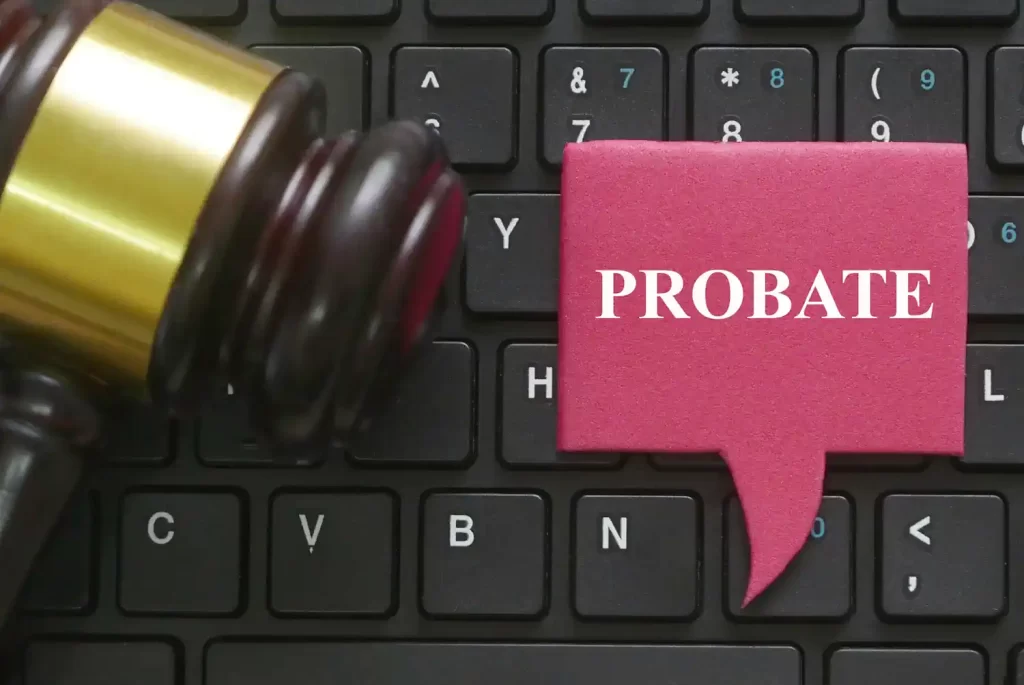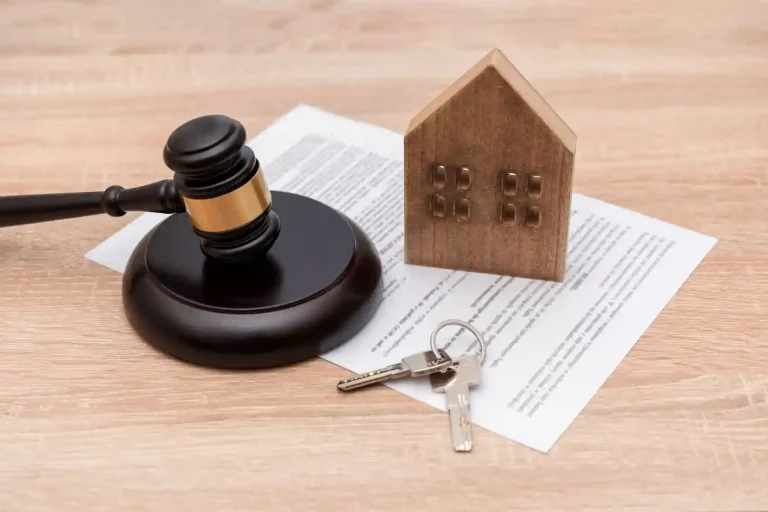Losing a loved one is hard enough. But if they received Medicaid benefits during their life, things can get even more complicated when it’s time to settle their estate. One of the most common questions we get at Mizak & Pacetti is:
“Can Medicaid take my loved one’s house or inheritance?”
Here’s what families need to know about how Medicaid Estate Recovery works in Ohio—plus what to do if a claim shows up.
How Do I Know If Medicaid Will File a Claim?
If your loved one had Medicaid, there’s a strong chance the state may try to recover the cost of benefits after they pass away. This is done through a process called Estate Recovery.
Here’s how it usually plays out:
- If you open an estate, you’re legally required to notify the Ohio Attorney General’s office. They manage Medicaid recovery.
- If your loved one owned real estate, Medicaid might record something called an Affidavit of Fact with the county recorder—even if no estate is opened.
- They can file an actual claim in probate court, depending on the situation.
So even if you don’t think a formal probate is needed, Medicaid may still step in. If you’re unsure, reach out before you take any steps—it’s easier to handle things the right way from the beginning.
What Property Can Medicaid Go After?
Many people assume that only probate assets are affected. Not true. In Ohio, Medicaid can make a claim against any property your loved one owned when they passed, even if it skips probate.
Some examples include:
- A home passed through a Transfer on Death (TOD) deed
- Cars or bank accounts titled only in the decedent’s name
- Property that would normally go through probate
Bottom line: If it was in their name, it could be on the table for Medicaid recovery.
| Need help handling a Medicaid claim during estate administration? Contact the probate attorneys at Mizak & Pacetti—we’ll guide you through the process and protect what matters most! |
Do I Have to Pay My Loved One’s Medicaid Debt?
Nope. You’re not personally liable for a Medicaid claim. That means:
- You don’t owe anything out of your own pocket
- Medicaid won’t come after your house or bank account
- They can only collect from your loved one’s estate assets
That said, if Medicaid makes a claim and there’s not enough left in the estate to cover it, your inheritance might shrink—or disappear entirely. Some families choose to pay a Medicaid claim themselves to save a house or keep an asset. That’s optional, not required. Always talk to a probate attorney before making that decision.

What If the Estate Can’t Cover the Full Medicaid Claim?
This happens a lot, especially when someone has received long-term care for several years. We’ve seen claims well over $100,000, with only a small estate left behind.
Here’s how Mizak & Pacetti can you you:
- We gather valuations and documentation
- We send everything to Medicaid
- We negotiate a settlement based on what’s available
Every case is different. Sometimes Medicaid will agree to accept a lower amount, especially when there’s only one asset like a house. Other times, it might make more sense to skip probate altogether or pursue other legal options.
Additional Questions We Hear All the Time
Can Medicaid Take a House If It’s in a Trust?
If your loved one placed their home in a properly structured irrevocable trust before applying for Medicaid, that property may be protected from Medicaid Estate Recovery. However, if the trust was revocable or set up incorrectly, the home could still be vulnerable. Trusts can be powerful planning tools, but they have to be done right and early—at least five years before applying for Medicaid to avoid triggering the look-back period.
Will Medicaid Take Life Insurance or Retirement Accounts?
That depends on how those assets are set up. If a life insurance policy or retirement account (like a 401(k) or IRA) has a named beneficiary, it usually passes outside of the estate and won’t be touched by Medicaid. But if there’s no beneficiary listed—or if the estate is named as the beneficiary—those funds could be subject to a Medicaid claim.
Can I Sell My Loved One’s Home Before Medicaid Files a Claim?
Selling a home too quickly can create problems. If the property was in the name of the Medicaid recipient at the time of death, selling it without handling the Medicaid claim properly could result in Medicaid placing a lien or requiring part of the proceeds. It’s best to consult with a probate attorney before listing or transferring any property tied to an estate with potential Medicaid recovery issues.
Does Medicaid Estate Recovery Apply If My Loved One Was in a Nursing Home?
Yes. If your loved one received long-term care through Medicaid, including nursing home services, Ohio’s Estate Recovery program will likely seek repayment after their passing. This applies whether the care was received at a facility or at home under a Medicaid waiver program. The value of their estate, especially a home, can be affected.
Talk to Parma Probate Attorneys Who Know Medicaid Rules
Medicaid Estate Recovery is confusing, no doubt about it. But you don’t have to figure it out alone. At Mizak & Pacetti, we’ve guided many families through this exact process here in Cuyahoga County and across Ohio.
If your loved one received Medicaid, or if you’re thinking about opening an estate and don’t want surprises, allow us to help you so you don’t have to go through this alone. We’ll go over your options and make sure you’re not stepping into avoidable problems.


